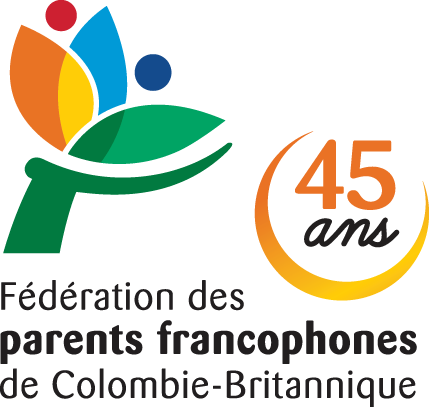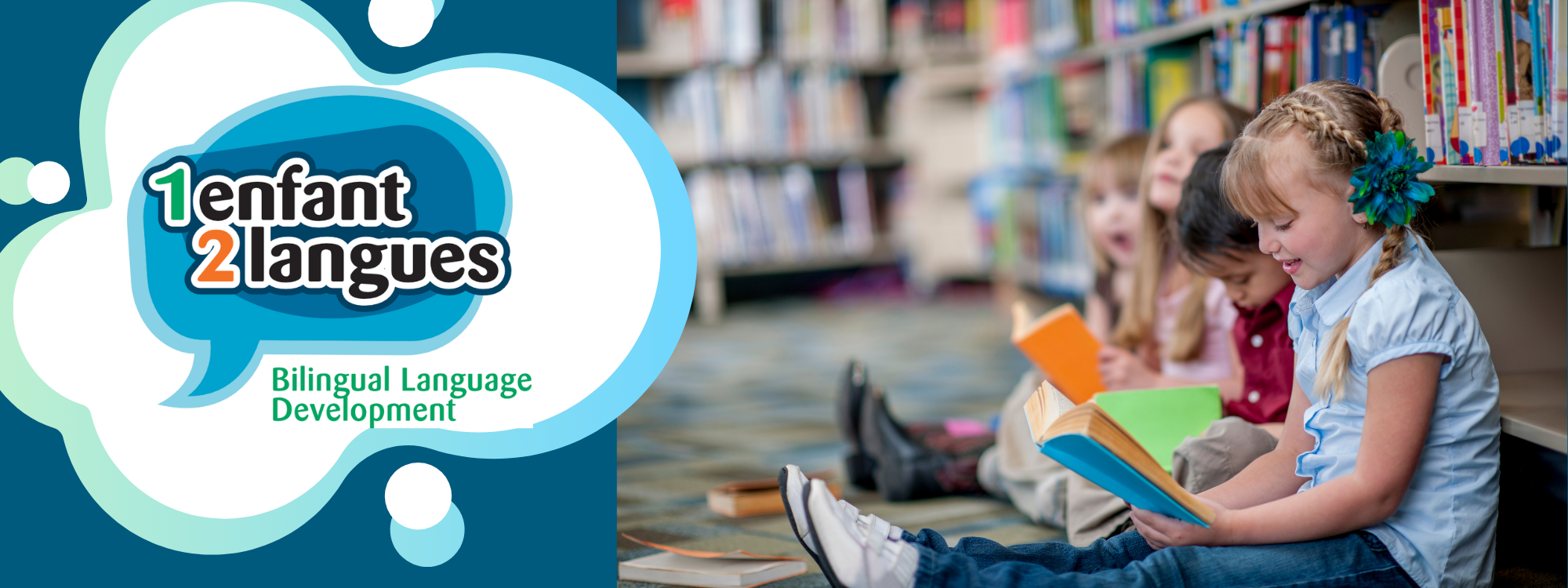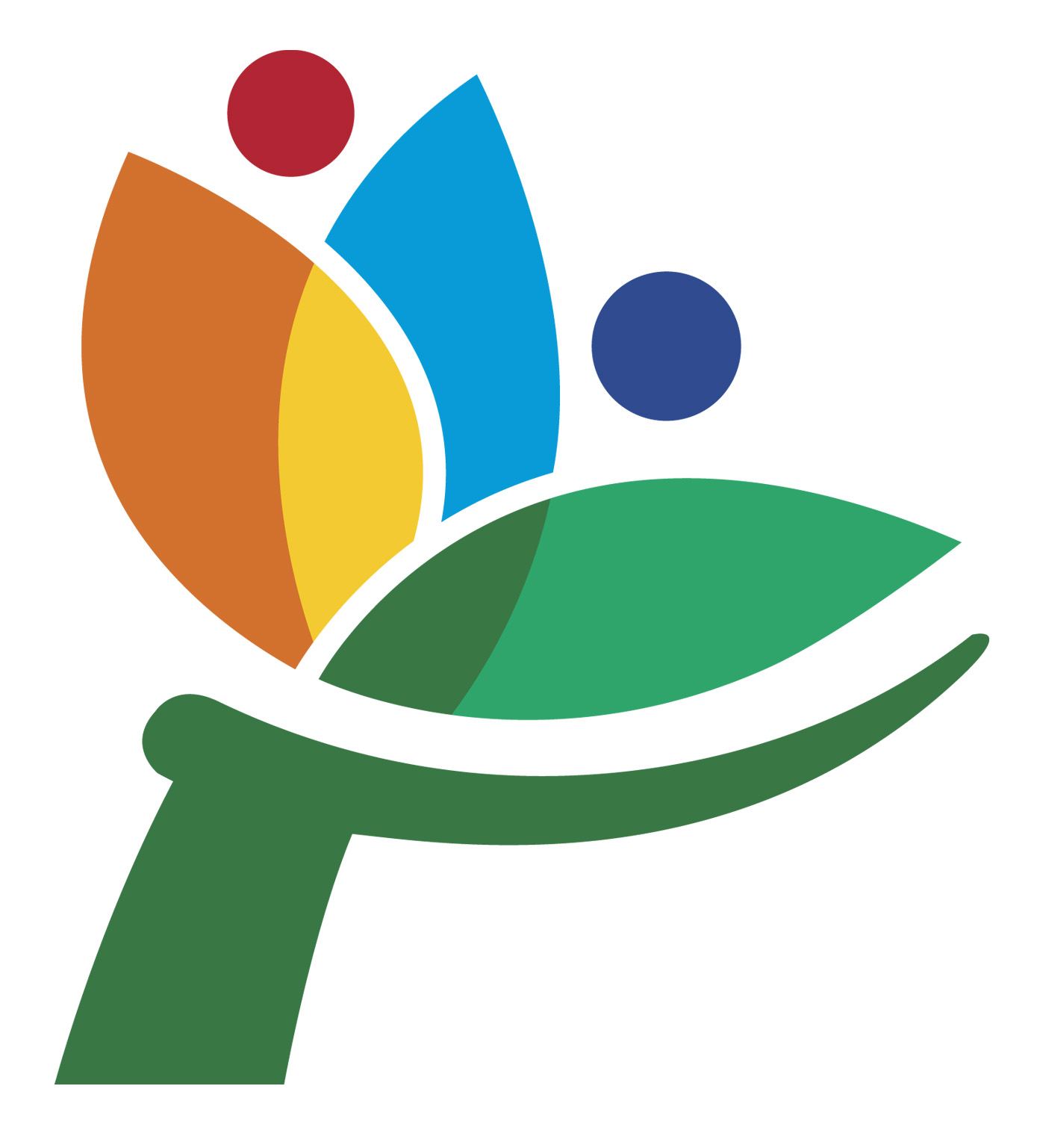Article from Parenthèse published on 14 February 2024, in the Transmission of French Language category.
True!
According to renowned researcher Patricia Kulh, children are linguistic geniuses up to the age of seven. In reality, babies listen carefully to the sounds around them and “compile statistics” to determine what sounds they need to communicate. This means that the most frequent sounds are retained as useful, and the least frequent ones are abandoned. That’s why it’s important to expose children to the sounds of French, to support and facilitate their learning of this language.
Consolidate the first language first, and the second will come later: myth or reality?
A myth!
The ability to learn a language is optimal from the 34th week of pregnancy, according to a report by the National Research Council and the U.S. National Academy of Medicine. This graph illustrates the optimal curve for language learning:
Graph adapted from the video : The Linguistic Genius of Babies, presented by researcher Patricia Kulh

What about trilingualism?
Did you know that depending on the family and societal setting, the typical duration of expressive language acquisition (oral expression) changes?
For monolingual children, in the mother’s language, acquisition occurs around 3.5 years. As for bilingual children, in both languages (mother and father), the languages are acquired between 3 and 5 years old. And finally, in the case of trilingual children, in all three languages (mother, father, and surrounding society), everything is acquired between the ages of 5 and 6. (Source: Language Strategies for Bilingual Families, Suzanne Barron-Hauwaert, p. 150, citing a survey of trilingual families in 1999)
All of this fascinating information and data are presented on the “1 enfant, 2 langues” mini-site, a resource available on the website of the Fédération des parents. Dedicated to language development, the mini-site offers practical information that can support parents according to a child’s growth stage. It covers bilingualism, the role of parents, the importance of speaking and reading, the different education systems, and developmental and language difficulties, among other things. Several practical exercises are also offered to promote French every day, such as the 4 Rs approach. The information is presented by categories, so it’s easy to navigate through the content to find the answers to your questions at a glance, according to your particular situation.
In addition, a very useful video resource (in French) is worth viewing: le développement langagier bilingue des enfants de 0 à 6 ans (bilingual language development of children aged 0 to 6). For example, it explores questions such as how to correct your child in French, or the role of the Francophone parent in exogamous couples.
Recent article in Parenthèse
-
 Press release : The 3rd Summit on the Transmission of French Language in British Columbia will be held on March 14, 2025 in Victoria.
11 March 2025
Press release : The 3rd Summit on the Transmission of French Language in British Columbia will be held on March 14, 2025 in Victoria.
11 March 2025
-
 The Fédération des parents supports APÉs in their efforts to welcome and integrate parents recently settled in the province
21 February 2025
The Fédération des parents supports APÉs in their efforts to welcome and integrate parents recently settled in the province
21 February 2025
-
 Parental commitment seen from the perspective of parents’ associations
21 February 2025
Parental commitment seen from the perspective of parents’ associations
21 February 2025
-
 The Role of Parents in the Transmission of French in Minority Settings
21 February 2025
The Role of Parents in the Transmission of French in Minority Settings
21 February 2025
-
 Francophone child care centres in British Columbia are in full expansion!
21 February 2025
Francophone child care centres in British Columbia are in full expansion!
21 February 2025
-
 Does your child attend a CSF school and you wonder how we came to have this choice in British Columbia?
20 February 2025
Does your child attend a CSF school and you wonder how we came to have this choice in British Columbia?
20 February 2025
-
 45th Annual General Meeting: A Time for Gathering and Productive Discussions
16 December 2024
45th Annual General Meeting: A Time for Gathering and Productive Discussions
16 December 2024
-
 Surrounded by parents and partners, the Fédération des parents celebrates its 45th anniversary!
16 December 2024
Surrounded by parents and partners, the Fédération des parents celebrates its 45th anniversary!
16 December 2024



